By Yeo Kar Teck
By banning Arsenal striker Eduardo for two matches for apparently “deceiving the referee” in a UEFA Champions League Play-off match, UEFA had just opened the Pandora’s Box and they know it.
Unbeknownst to many, this is not the first time UEFA had acted against player simulation. Almost exactly two years ago, Lithuanian midfielder Saulius Mikoliunas was also banned for two games after being adjudged to have “dived” to earn a penalty against Scotland in a Euro 2008 qualifier. The penalty was converted but was eventually inconsequential as the Scots won 3-1. Mikoliunas wasn’t as famous as Eduardo, hence this incident was hardly in the media for long.
Between Mikoliunas’ two-match ban and Eduardo’s “trip” by Celtic goalie Artur Boruc, no one had been charged by UEFA on a similar offence. Does that mean that for two years, no player had tried to “deceive” the referee in a UEFA-sanctioned game? Unlikely. It just goes to show that because of the high profile nature of this game, UEFA simply wants to stand up and be seen as taking affirmative action on player simulation.
However, by doing so, UEFA had put themselves in a very difficult position. Going forward, expect the media to bring up Eduardo-gate every time UEFA decides not to take action against a perceived “dive”. Every time a penalty is won, there will be more discussion as to whether the decision is correct or not. This will give UEFA the additional burden of being the “diving” police – a task no one wants.
Furthermore, the wording of Eduardo’s charge is clearly ambiguous (oxy-moron noted). Does it mean that only “simulations” to win penalties count as “deceiving the referee”?
Imagine this scenario: 90 minutes on the clock in a Chelsea game and the Blues are 1-0 up in the Champions League Final. Didier Drogba receives the ball and backed into a defender near the centre circle. Drogba falls over as if he has been shot (as usual) and goes down holding his ankle. The referee awards the freekick to his favour and allows the medic onto the pitch, wasting valuable seconds in injury time. Blues eventually won 1-0, but replays suggest that the defender had barely touched the Ivorian striker. This clearly constitutes to “deceiving the referee” but should Drogba be charged?
Think about an alternative scenario, where the above happened but in the 60th minute and the player merely wanted a break and a sip of water in a game played under hot and humid conditions. Should UEFA slap a two-match ban on this player as well?
Whatever the case is, it does appear that UEFA had burdened themselves to examine almost every stoppage in every game with such scrutiny which is beyond the realm of reasonableness.
I have to agree with Arsene Wenger here – the witch-hunt on simulation had just begun and I will be interested to see who is the next in line to be burned at the stake.

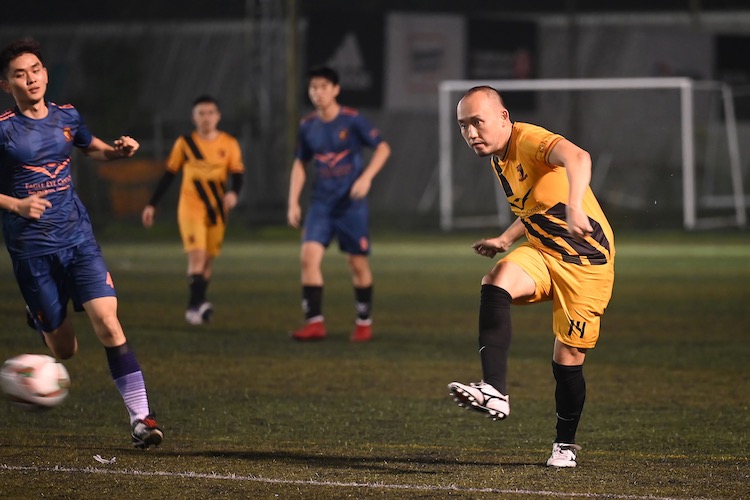
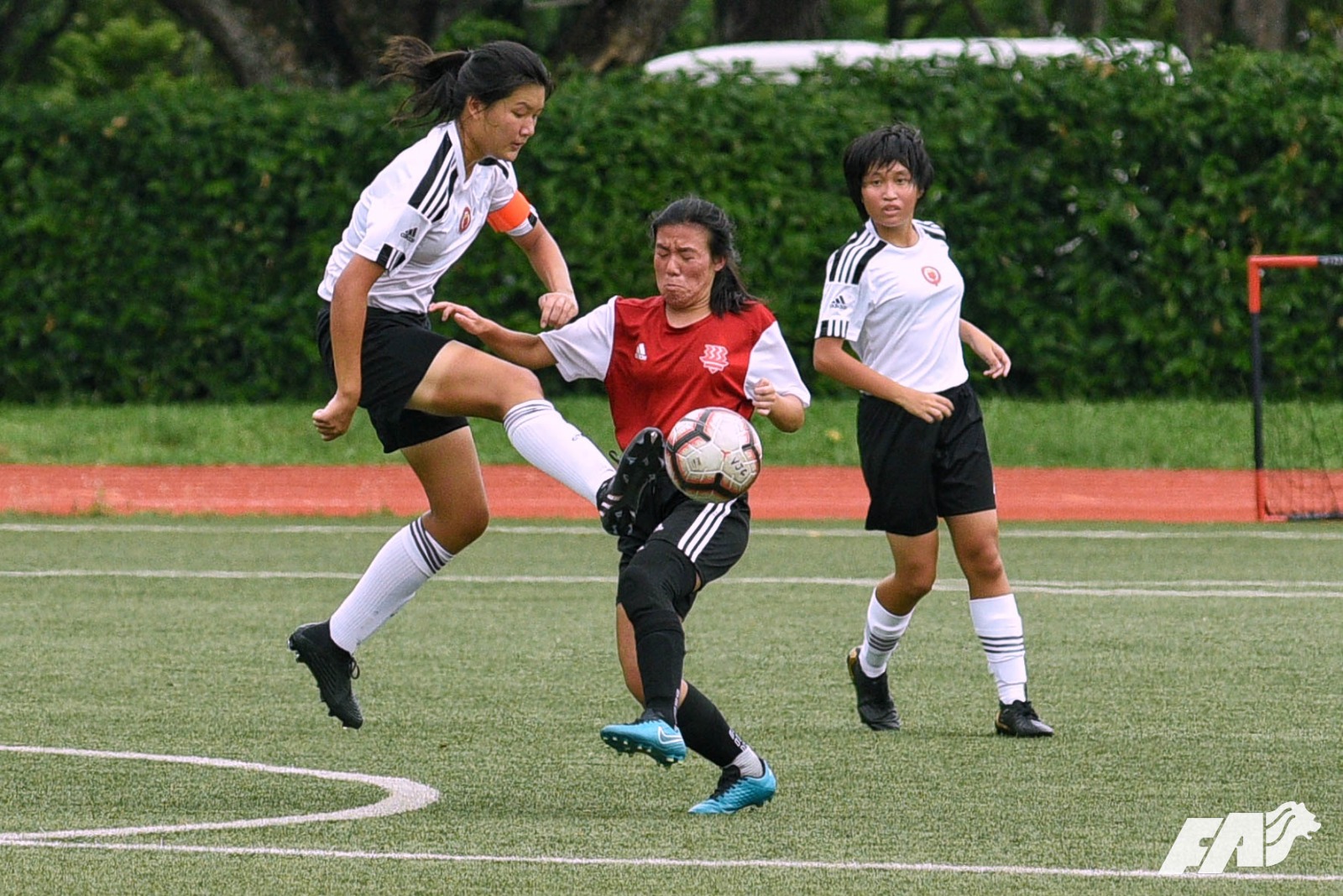
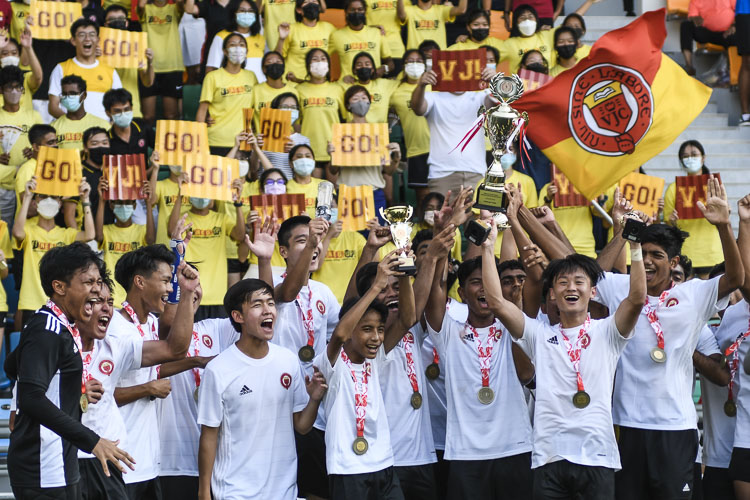
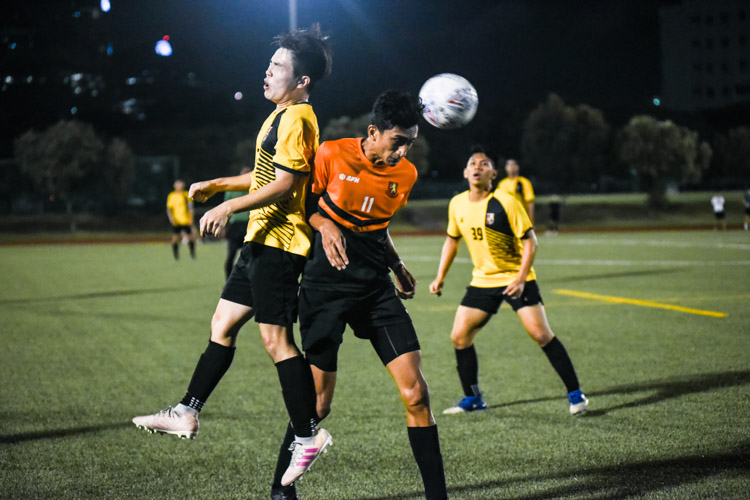
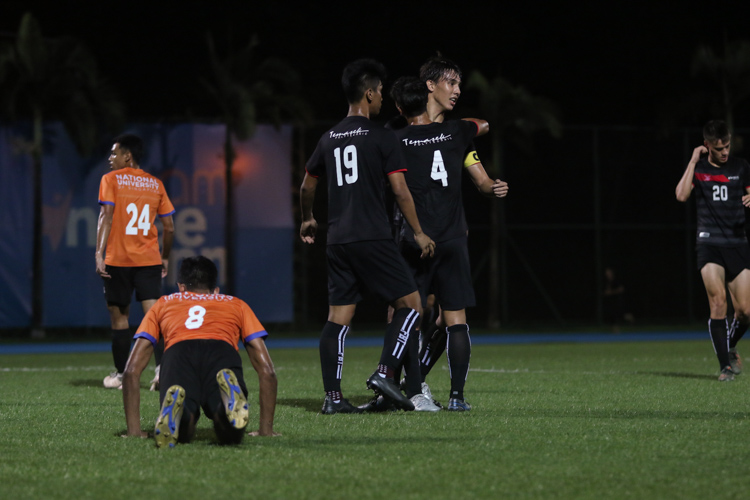
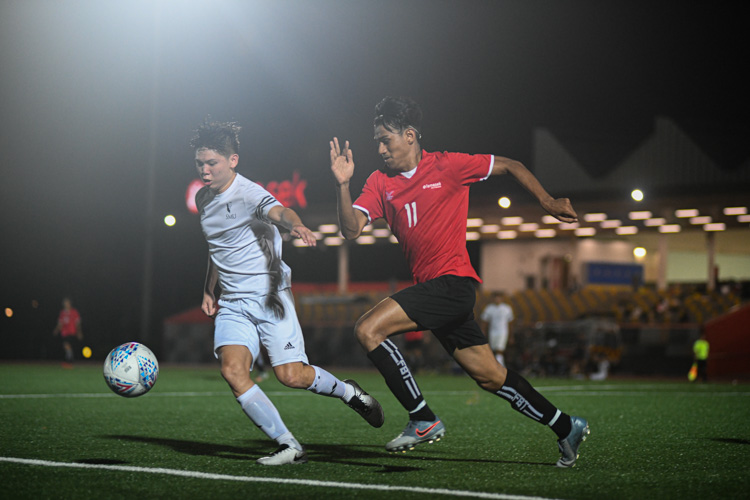
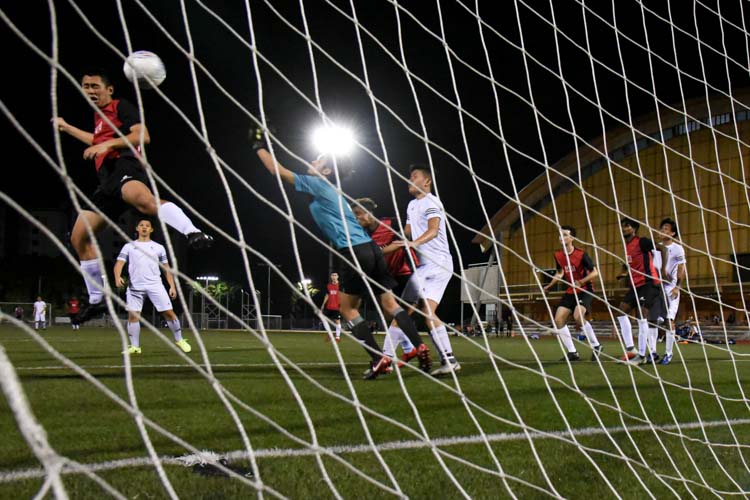

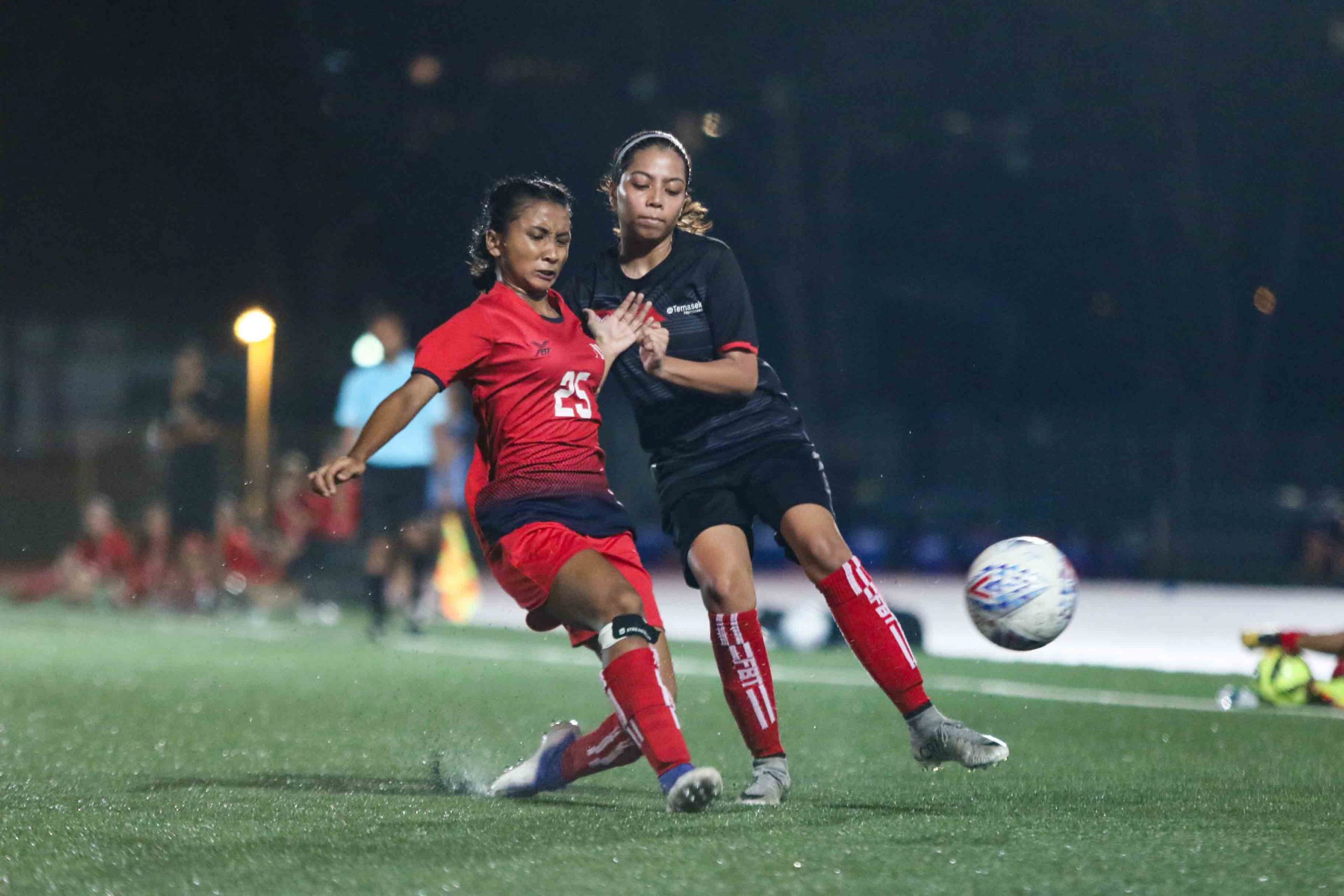
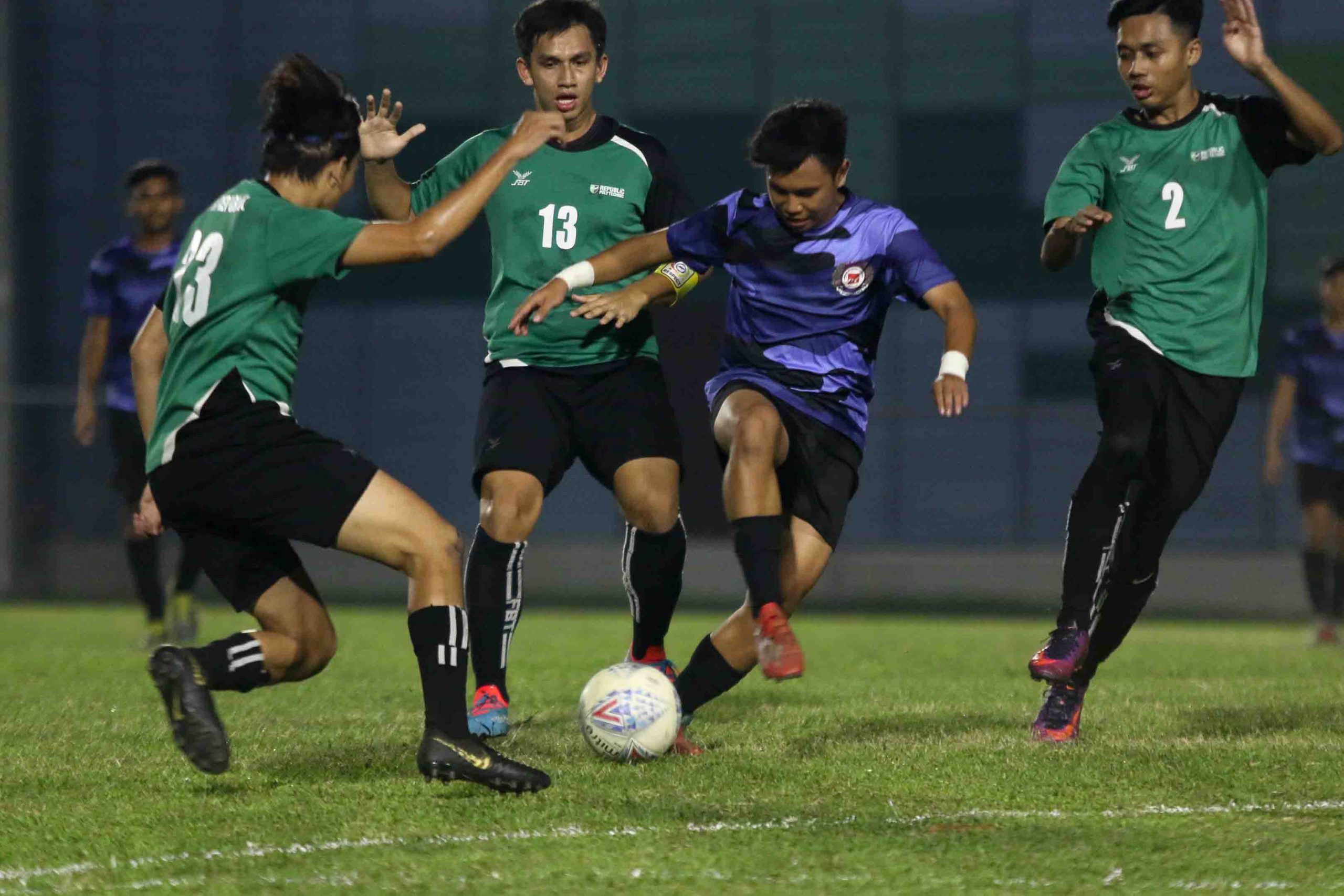
Leave A Comment